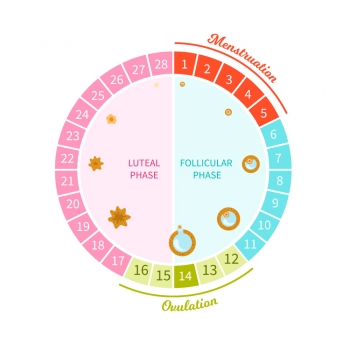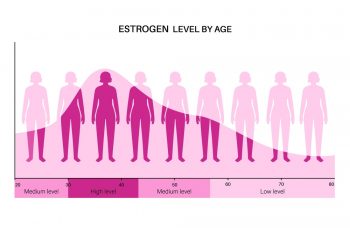Miscarriage is a painful experience for any woman, and it can leave many unanswered questions. One of those questions is how soon after a miscarriage can you get pregnant again? The answer is not one-size-fits-all, as every woman’s body is different.
However, it’s essential to have a basic understanding of the process to know when you can start trying again. In this guide, we’ll be discussing the factors affecting the timing of getting pregnant after a miscarriage.
Physical recovery
Your body will need time to heal after a miscarriage. How long it takes varies, depending on the circumstances of your loss. Ask your doctor how long your body will need to physical recovery.

Your doctor will be able to give you guidance based on your medical history, circumstances, and overall health. In general, experts recommend waiting at least two weeks after you stop bleeding to have sex to avoid infection and to decrease the risk of complications.
Emotional recovery
Pregnancy loss can take a significant emotional toll on a woman. You may need more time to heal emotionally. Give yourself the time and space you need to grieve. Talk to your partner, loved ones, or a professional counselor about your feelings.

Remember that healing emotionally is as important as healing physically. When you’re ready to try again, talk to your doctor about your concern or worries.
Fertility
How soon you can get pregnant after a miscarriage depends on when your body is ready to ovulate again. Ovulation is the time when your body releases an egg from your ovaries, and it is a clear indicator of fertility.

Most women will have their first period within six weeks after a miscarriage. If you ovulate earlier, you can get pregnant even before your first period. However, the timing will be different for each woman.
Age
Your age also plays a factor in how soon you can get pregnant after a miscarriage. As you age, your fertility declines. If you’re older than 35, it may take longer to get pregnant.

After a miscarriage, older mothers may want to talk to their doctor about fertility treatments to increase the odds of conception. However, these treatments may not be appropriate for everyone.
Recurring miscarriages
If you’ve had a miscarriage, you may be at a slightly higher risk of having another one. Doctors typically recommend waiting three months before trying to conceive again after two or more miscarriages.
Your doctor may run some tests to determine the cause of the miscarriages, such as genetic factors, hormonal or thyroid problems, or other medical conditions.

In conclusion, there’s no clear answer to how soon after a miscarriage can you get pregnant. It all depends on several factors such as physical and emotional recovery, age, fertility, and the risk of recurring miscarriages.
It’s essential to work with your doctor to determine the number of risks involved and the specific time frame that best suits your circumstances. Remember to take the time you need to heal both physically and emotionally, before considering getting pregnant again. Being informed can help you be more prepared and knowledgeable as you navigate this challenging journey.


